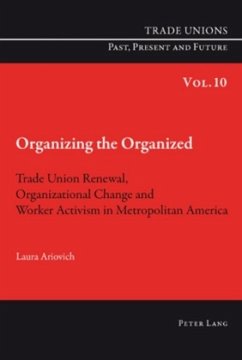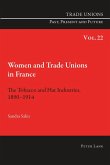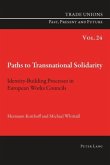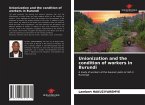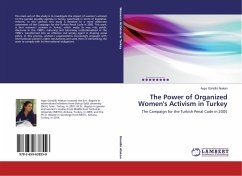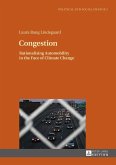This book studies a «best-practices» example of what is known as the organizing local approach to union renewal. Several unions in the US, the UK, and other countries have embraced this model of unionism as a formula for labor revitalization. Organizing locals aim to strengthen unions by redeploying resources and mobilizing workers around the goal of member recruitment. The union local under study stands out as an exceptional case within the US context. Against the backdrop of a languishing labor movement, this local has succeeded at recruiting workers and keeping its members engaged. The book seeks to unpack this success and examine closely what works, what does not, and how things work.
The research design relies on participant observation and in-depth interviews to examine how formal systems of representation and macro-organizing strategies and platforms get translated into micro-level processes, experiences, and relationships. By adopting a micro-social approach, the author reveals what drives union activism in an organizing local, beyond the rhetoric of union officials. Further, the findings identify the conditions for successful union reform, and show formal and informal mechanisms for accommodating opposite orientations in union work, attending to members' expectations of union «help», and changing the status quo through organizing.
The research design relies on participant observation and in-depth interviews to examine how formal systems of representation and macro-organizing strategies and platforms get translated into micro-level processes, experiences, and relationships. By adopting a micro-social approach, the author reveals what drives union activism in an organizing local, beyond the rhetoric of union officials. Further, the findings identify the conditions for successful union reform, and show formal and informal mechanisms for accommodating opposite orientations in union work, attending to members' expectations of union «help», and changing the status quo through organizing.

